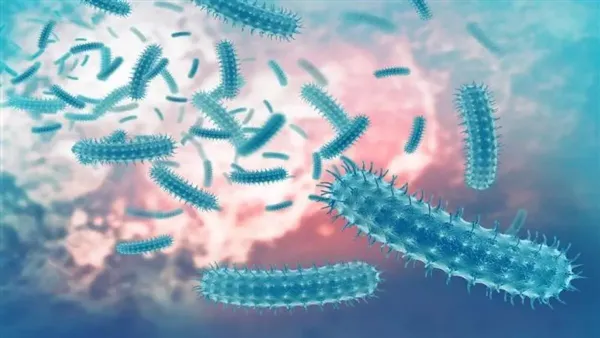
Researchers have been aware of years that A Mussinifila is associated with good health. An important role in our stomach is to maintain the function of our intestine barrier. It keeps out bad germs and ensures that we can absorb important nutrients from our diet that help our cells function properly. But when there is an imbalance of a mucinifila in the intestine, it can cause problems for our health.
This abnormal bacteria remain in our large intestine and survive on the mucin – the layer of mucus that covers the surface of the large intestine. The mucin provides a small but significant isolation between human cells and microorganism cells calling the large intestine home. If this mucus layer is interrupted, microorganisms may come into direct contact with human cells. This can cause inflammation because human cells react to bacteria – potentially leads to the development of the disease, such as inflammatory bowel disease.
Akramensia Mussinifila is a very tantral eater. It uses glycoprotein (protein and carbohydrate molecules) only in the mucin as an energy source. But how this bacteria extracts energy from glycoprotein was a secret recently.
Research conducted by me and colleagues revealed that A Mussinifila deploys a series of various enzymes that work together to unlock the sugars found in the mousin.
By using a pig taken from a pig, we analyzed the enzyme activity on the surface of the cells with their genes to understand which enzymes were involved in breaking the glycoprotein in the mucin. We found that A Mussinifila uses 66 different enzymes to extract the essential energy from glycoprotein to perform its important function. We are the first groups to describe this process.
Studies watching the interaction of A Mousinifila with the immune system in mice have shown that it calms the immune system and prevent obesity and diabetes from developing. Researchers highlight the specific peptides (a type of molecule) that it secretes which has this effect on the immune system. Due to its favorable nature and calm effects on the immune system, Akkramania mucinifila has also been used to develop probiotics.
Researchers have also found that people who have metabolic diseases like diabetes or fatty liver disease are low in the large intestine. The more lean and athletic you are, the more A Mousinifila you have.
Although Akkaramania Mussinifila only eats mucus, although our diet affects it – although indirectly.
Bacteria living in a colon such as a mucinifila use carbohydrates extracted from fiber -rich foods in our diet as fuel. In turn, they form a substance called short-chain fatty acids. These compounds nourish the upper layer of human cells in the colon. In fact, 10 percent of our energy comes from this process.
Akramensia Mussinifila also helps other bacterial species to survive by breaking mucus in microbiome – a process known as “cross feeding”. However, if we do not eat enough fiber as part of our diet, the mucin becomes a very highly used source of nutrition.
This can lead to decay of the mucus layer of the large intestine – can destroy the delicate ecosystem of microbiom. This increases the chances of developing inflammatory diseases. Therefore, although Akramensia Mussinifila is not a pathogen, it can extract too much mucus under wrong conditions.
Our research is the first complete example of how the mucus is broken by this bacterial species. It is important to understand this process, because it is important in our microorganisms – and in the way we interact with us. The enzymes we have described from Akkramanasia Mousiniphila can now also be used to analyze how these complex mucin structures differ between different parts and people of the body.
The more researchers learn about Akkaramanasia Myusiniphila and other microorganisms living in the colon, the more we understand the importance of eating variable, high-fiber diet.